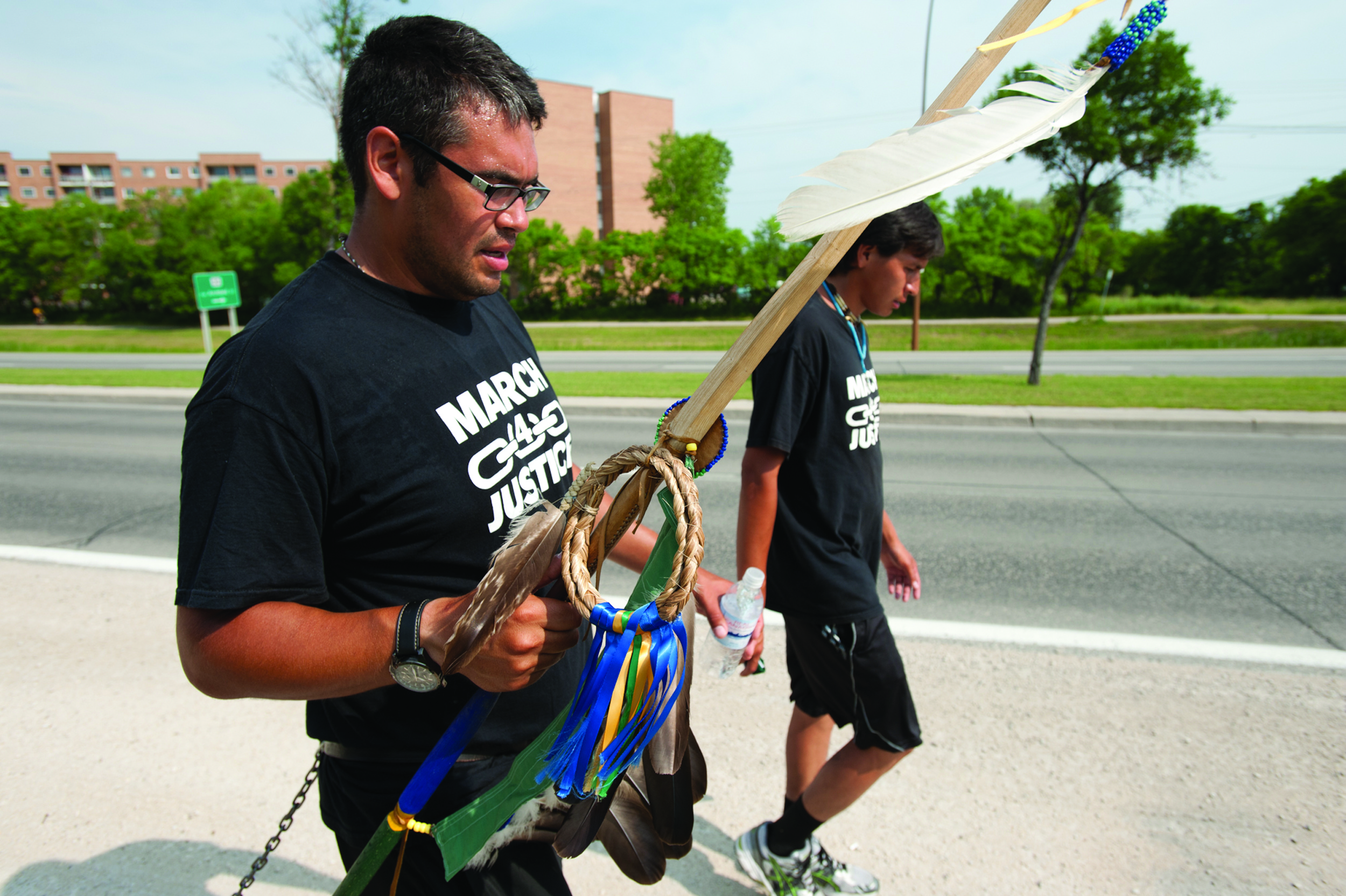William F. Buckley Jr. once said, “A Conservative is a fellow who is standing athwart history yelling ‘Stop!’”
Allow me to elaborate.
In 1850, a black man named Martin Delany applied for admission to Harvard Medical School. Delany was of exemplary character. In his life he helped to found the North Star, the leading black newspaper in America; he served as a major in the Union Army, the highest rank achieved by any African-American in the Civil War; and before his application to Harvard he studied basic medicine in Pittsburgh while running a cupping and leeching practice. Harvard was more than willing to admit him, but a majority of the student body revolted with a petition to revoke Delany’s admittance, claiming, “We cannot consent to be identified as fellow students with blacks; whose company we would not keep in these streets, and whose Society as associates we would not tolerate in our houses.”
A contrary petition was put forth by a minority of students, advocating for the acceptance of Delany into their faculty, noting that despite their reservations, “they would feel it a far greater evil, if, in the present state of public feeling, a medical college in Boston could refuse to this unfortunate class any privileges of education.” The faculty deliberated and ultimately decided not to admit Delany. This story did not have a happy or justifiable ending, but given the context of the 1850s, the dissenting students were by no means inappropriate or villainous at the time. Regardless, when someone opens a history textbook and reads this story today, which of the two groups of students are the heroes and which are the villains?
A hundred and sixty-three years later…
On June 9, 2013, a topless man wearing a white mask jumped onto the tennis court for the final match of the French Open, wielding a flare in protest of gay marriage. He had the words “Kids right” written on his stomach. France’s president, Francois Hollande, had recently signed into law a bill legalizing both same-sex marriage and adoption. The move has been controversial amongst conservative groups. This was one reaction.
A week earlier, on May 31, the parliament of Nigeria unanimously passed a bill making gay marriage a criminal offence punishable by up to 14 years in prison. The legislation criminalized gay clubs, societies, and organizations, and made any public display of same-sex affection punishable by up to 10 years in jail. The bill was first adopted by the Senate in 2011 and is now expected to be sent to Goodluck Jonathan, the Nigerian president, to be signed into law.
In early 2013, Tennessee Senator Stacey Campfield resurrected his infamous “Don’t Say Gay” bill, a provision that would restrict elementary and middle schools from initiating any dialogue about homosexuality with their students. The original draft of the bill died in 2012, but Campfield’s upgraded version featured the added requirement that school officials notify the parents of any student they believe may be gay, and that said students be offered counselling to prevent “behaviour injurious to the physical or mental health and well-being of the student or another person.” That incarnation of the bill, too, was struck down.
This is our present. These people are not deemed villains; they are merely deemed “conservative.” In 163 years, when someone opens a history textbook, what will they be recognized as? How will our present be perceived, judged, and written about? Who will be the heroes and who will be the villains? And what will you be?
Before you decide your answer, I urge you to look to history.



